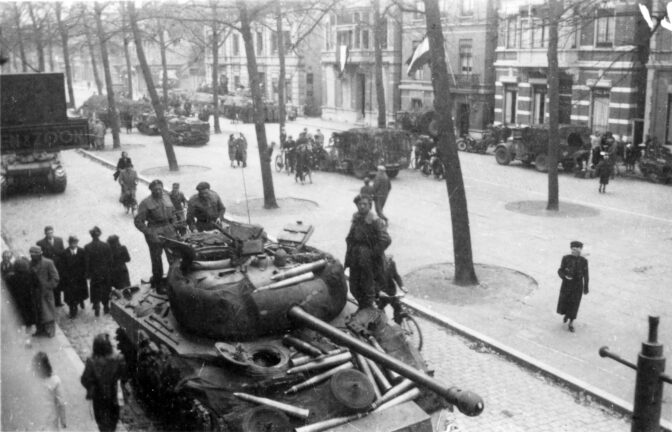Happy New Year everybody! Many records become public after 25, 50, 75, or 100 years. Here is an overview of some of the records that became public as of 1 January 2020.
Exceptions may exist for records that involve people that could still be alive.
Civil registration records:
- Birth records from 1919
- Marriage records from 1944
- Death records from 1969
Legal records:
- Court records from 1944
- Police records from 1944
National government records:
- Minutes of the council of ministers, 1994. This includes information about the war in Yugoslavia and the Rwanda genocide.
- Foreign ministry records about the Republic of South Maluku.
Available at the National Archives in The Hague.
World War II records:
- Committee for tracing war criminals (COOM)
- Directorate of Special Jurisdiction (DGBR), some records
- England travelers, Dutch resistance workers who went to England to coordinate the liberation of the Netherlands from there.
Available at the National Archives in The Hague.

Polish tanks in Breda, 1944. Credits: L.J. van Reijnen, collection Stadsarchief Breda, identification number 20170110. Used with permission.
Other records
Make sure to check the finding aids of the archives in the areas where your ancestors lived to see if any other records have become public.
How to consult these records
Just because records are public, does not mean they are instantly available online. Some archives scan and index the records immediately, but the majority can only be consulted in the reading room. If you are lucky, the archive will provide scanning-on-demand which allows you to order the scans without the need to visit the archives.
Personally, I am curious to see the police records from Etten-Leur, where my great-grandmother’s family lived. The entire record group, going back to 1888, was closed to the public until 1 January 2020 for some reason, even though these records usually become public after 75 years. These police records are available from the West-Brabants Archief, which offers free scanning-on-demand. I will be submitting my request as soon as the finding aid is updated!

